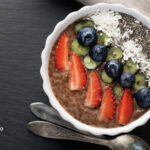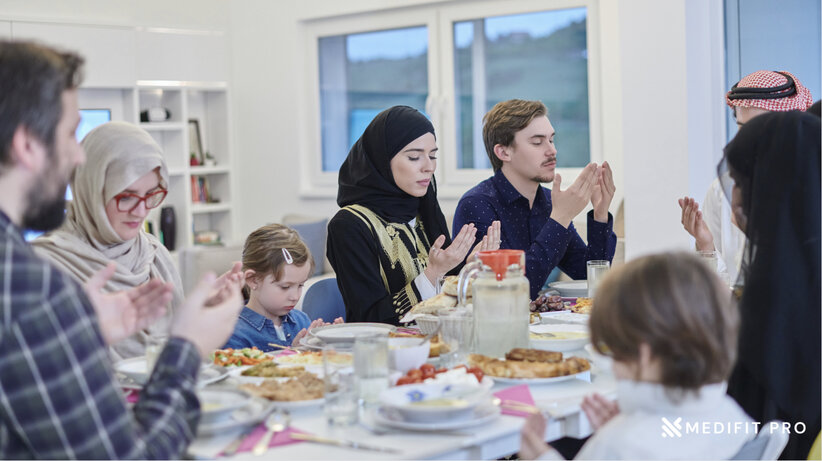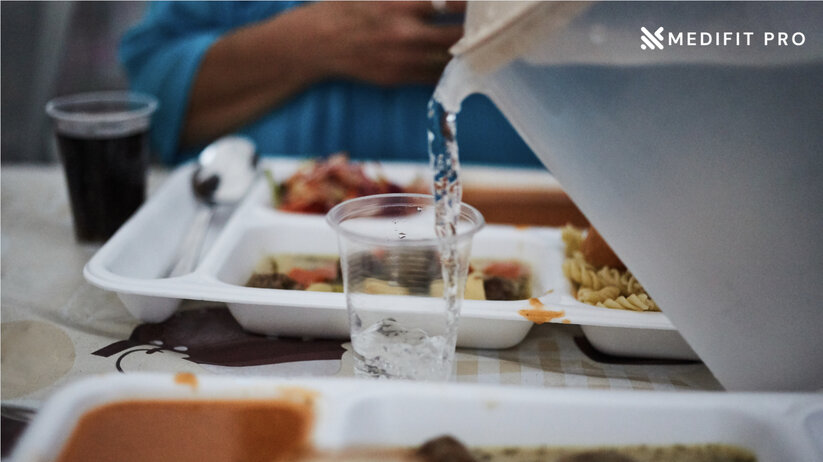Ramadan is the holy month of fasting observed by millions of Muslims around the world. Fasting during Ramadan is one of the Five Pillars of Islam, and it is a time of spiritual reflection and self-discipline. However, it is essential to stay hydrated during this period to avoid dehydration and its health risks. In this article, we will provide tips for staying hydrated during Ramadan fasting.
The article will cover various aspects of hydration during Ramadan fasting, including the importance of pre-fasting hydration, strategies for maintaining hydration during the fast, post-fasting hydration, and other tips for staying hydrated. The article will also include references to reliable sources to ensure that the information provided is accurate and trustworthy.
Our objective is to help readers understand the importance of staying hydrated during Ramadan fasting and provide practical tips to ensure that they can stay hydrated and healthy during this period. We hope that this article will be a valuable resource for anyone observing Ramadan fasting and looking to stay hydrated throughout the holy month. Let’s dive into the details of staying hydrated during Ramadan fasting.
Understanding Dehydration
Dehydration occurs when the body loses more fluids than it takes in. The body needs water to function properly, and when it does not get enough water, it can lead to a range of health problems. Dehydration can occur due to various reasons, including not drinking enough fluids, sweating excessively, and vomiting or diarrhea.
The symptoms of dehydration can vary from mild to severe, depending on the level of dehydration. Mild dehydration can cause symptoms such as thirst, dry mouth, and headache. As dehydration worsens, symptoms can include dizziness, rapid heartbeat, dry skin, and dark urine. In severe cases, dehydration can lead to seizures, coma, and even death.
Fasting during Ramadan can increase the risk of dehydration, as Muslims abstain from food and water from dawn to sunset. This can cause the body to lose fluids and electrolytes, which can lead to dehydration. The risk of dehydration is even higher during the summer months when temperatures are high, and the days are longer.
Dehydration can have several health risks, including kidney stones, urinary tract infections, and heat exhaustion. It can also make pre-existing conditions worse, such as diabetes and high blood pressure. Therefore, it is crucial to stay hydrated during Ramadan fasting to avoid these health risks.
To prevent dehydration during Ramadan fasting, it is essential to drink plenty of fluids before the fast begins, and to continue drinking fluids after breaking the fast at sunset. It is also important to avoid caffeinated and sugary drinks, which can cause dehydration. Instead, opt for water, coconut water, and hydrating foods like fruits and vegetables.
In the next section, we will discuss strategies for maintaining hydration during the fast. By following these strategies, you can stay hydrated and healthy during Ramadan fasting.
Strategies for Hydration During Ramadan Fasting
1. Sip water throughout the night: It is recommended to drink water throughout the night before the fast begins. Sipping water at regular intervals can help ensure that your body is well-hydrated before the fast.
2. Eat hydrating foods during Suhoor: Incorporate hydrating foods like fruits, vegetables, and soups into your Suhoor meal. These foods contain water and can help keep you hydrated throughout the day.
3. Avoid salty and spicy foods during Suhoor: Salty and spicy foods can increase thirst and cause dehydration. It is best to avoid them during Suhoor.
4. Use rehydration solutions: Rehydration solutions like oral rehydration salts (ORS) can help replenish electrolytes lost during fasting. These solutions are available over-the-counter at pharmacies and can be consumed during the fast.
5. Avoid strenuous activities: Strenuous activities can cause excessive sweating and increase the risk of dehydration. It is best to avoid them during the day and engage in light activities instead.
6. Break the fast with water and hydrating foods: When breaking the fast at sunset, start with a glass of water and hydrating foods like fruits and vegetables. This can help replenish the fluids lost during the day.
7. Use a humidifier: Using a humidifier can help keep the air in your home moist, which can help prevent dehydration.
8. Avoid caffeine and sugary drinks: Caffeine and sugary drinks like soda and energy drinks can cause dehydration, so it is best to avoid them before the fast. Instead, opt for water, coconut water, and herbal teas.
9. Avoid smoking: Smoking can cause dehydration and increase the risk of respiratory infections. It is best to avoid it during the fast.
10. Use a spray bottle: Keeping a spray bottle filled with water can help you stay cool and hydrated during the day. You can use it to mist your face and body when you feel hot.
11. Get enough sleep: Getting enough sleep can help keep you hydrated by reducing the risk of fatigue and headaches, which can lead to dehydration. Also read Sweet Dreams: Tips to improve your Sleep
12. Pace your fluid intake: Avoid drinking too much water or other fluids all at once. Pace your fluid intake throughout the night to ensure your body can absorb and use the fluids effectively.
By following these strategies, you can maintain hydration during Ramadan fasting and minimize the risk of dehydration. It is crucial to listen to your body and stay hydrated throughout the day to ensure a healthy and productive Ramadan.


























Recent Comments